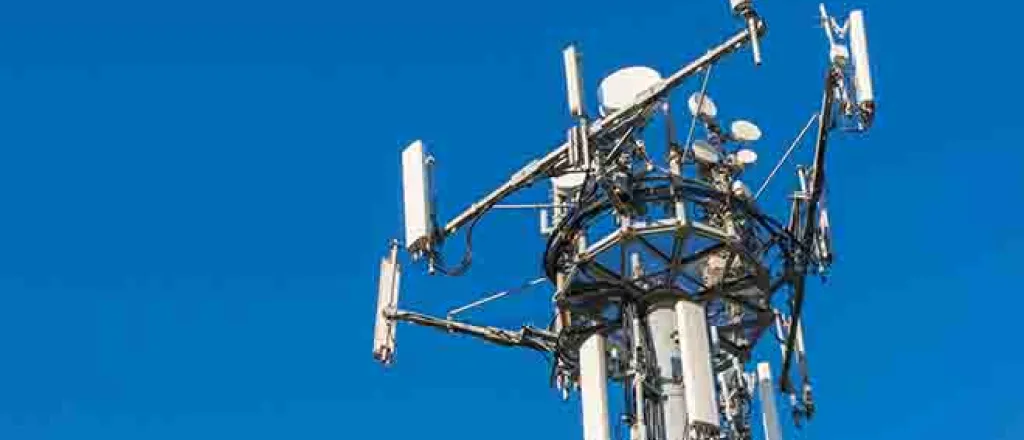
Advocates criticize proposal to limit local control over 5G equipment
(California News Service) Consumer groups are fighting a proposal in Congress which would fast-track installation of 5G high-speed wireless internet equipment by limiting local government input on permitting.
House Resolution 3557 would require local governments to process many permit applications within 60 to 150 days depending on the size of the project. If they don't it would be automatically approved.
Scott McCollough, chief litigation counsel for group Children's Health Defense, said two months is not enough time to thoroughly vet the proposals and worries they could be rubber-stamped.
"With something like a 60-day shot-clock requirement, it is not possible to conduct an environmental analysis, give public notice, hold the hearing, and process and approve or deny the application," McCollough contended. "The only answer is to cut out the public and do it all administratively."
Supporters of the bill say local objections are slowing down the rollout of 5G high-speed wireless internet. The Biden administration prioritizes laying fiber over wireless, and advocates say it is future-proof and costs less in the long run because it does not need to be constantly upgraded like wireless. So far, the bill has passed one House committee but has not gotten a floor vote.
Jodi Nelson, director of the nonprofit Californians for Safe Technology, said some people suffer from electromagnetic hypersensitivity from exposure to radio-frequency radiation.
"They experience brain fog, sleep deprivation, headaches, tinnitus, lack of energy," Nelson outlined. "These are some of the main issues that people with electromagnetic sensitivity have."
Similar wireless preemption bills have passed twice in California but were then vetoed by governors Jerry Brown and Gavin Newsom. Two wireless bills before the state Legislature now would bundle permits into groups, and move money slated for laying fiber over to programs to expand wireless.














